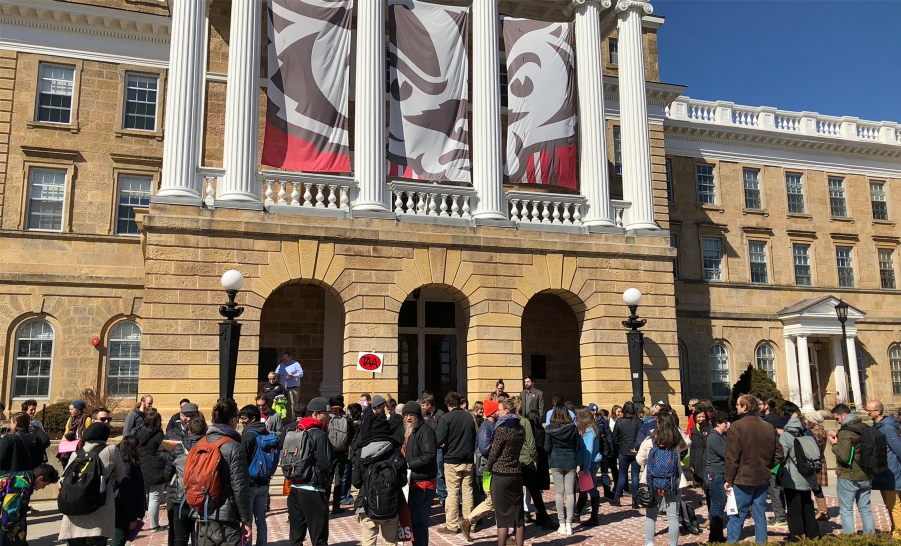The benefits of difference-education interventions
This study examines difference-education's influence on academic performance, empowerment, and comfort with social group difference.
Journal of College Student Development / June 2020

Since students are nested within groups (e.g., classes, programs, or institutions), researchers often invoke multilevel modeling in education scholarship to simultaneously account for individual-level and group-level variation (Ethington, 1997). This method is vulnerable in regard to how theory and statistics complement each other in research design (Smart, 2005). This lack of specificity hinders institutions' ability to respond to dynamic and complex outcomes such as student activism (Morgan & Davis, 2019). Following insights gleaned from a previous study, and to encourage greater transparency in the quantitative research design of higher education studies, the researchers tested which institution-level variables found within the activism literature can be retained when modeling student activism behavior at multiple levels (Morgan, Zilvinskis, & Dugan, 2019). This allowed them to statistically examine the value that distinct variables provide, while understanding how the significant institutionlevel variables are related to student-level outcomes. Research questions include: Which institution-level variables found within activism literature can be retained when modeling student activism behavior at multiple levels? How do the retained institution-level variables relate to individual activism behaviors?